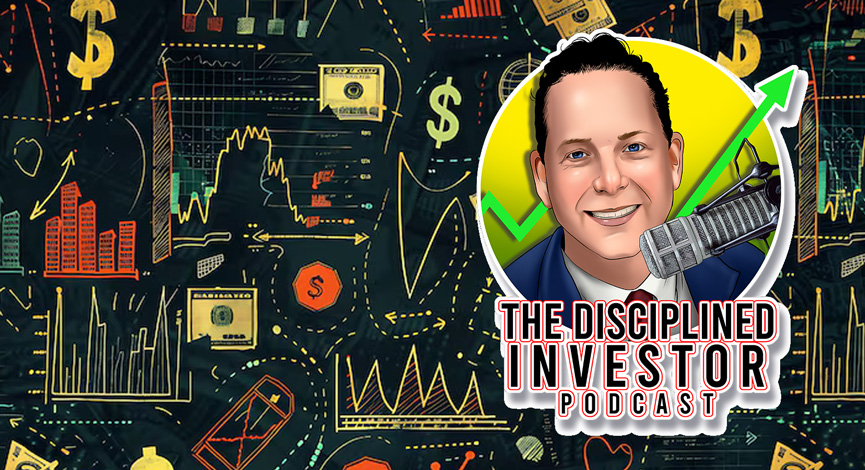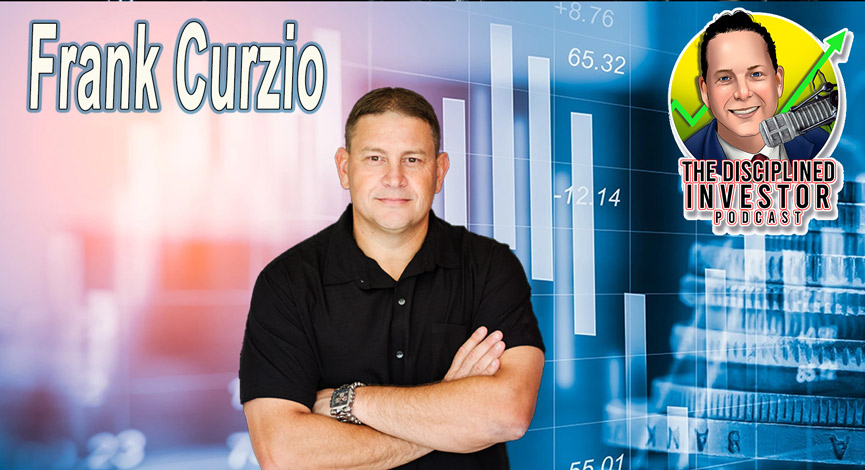It seems that the pot is finally starting to simmer and there is an awakening to the problem that seems so obvious. The WSJ did a good job at looking at both sides of the argument by seems to lean towards the reality of an economy that is standing up to the slowdown on borrowed time and borrowed money.
Heard on the Street – WSJ.com
Since the credit crisis began, investors have expected rising charge-offs — the term given for losses caused by defaults — at credit-card companies. Two big negatives were identified: Job losses and, for many borrowers, a sharply reduced ability to use home-equity loans to pay off more expensive card balances.
Credit did deteriorate. Moody’s Investors Service reports that, for the card lenders it tracks, the annualized charge-off rate — which measures defaults as a percentage of loans outstanding — rose to 6.05% in March from 4.64% a year earlier. The charge-off rate peaked at just over 7% during the 1991 and 2001 recessions, according to Moody’s.
The punchline and final words of the article:
Federal Reserve data say revolving credit outstanding — which tracks credit-card balances — increased 6.7% in the first quarter, compared with the year-earlier period. Borrowers are taking on more debt to support spending through the slowdown. It’s a gamble for card companies to lend more to people who are turning to relatively expensive debt because they’re cash strapped.
And it’s a bad bet for investors to load up on the card companies taking that gamble.
American Express Co. (AXP), Discover Financial Services (DFS), Capital One Financial Corp. (COF)
* 5/20 Update from Notable Calls: Oppenheimer’s Meredith Whitney is out neg on the financials again. Capital One (NYSE:COF) is getting its estimates slashed. No surprise there, though.
















